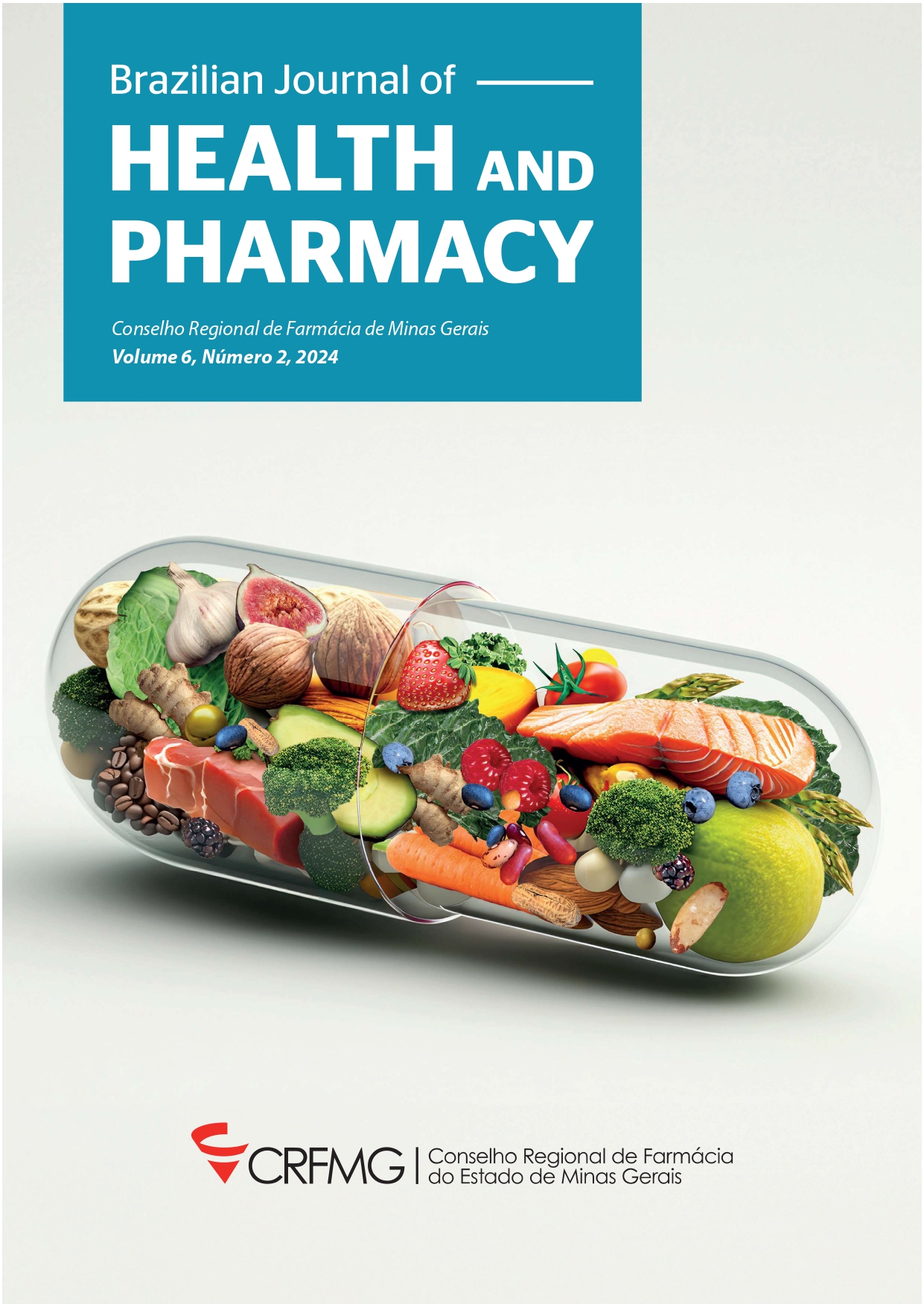Abstract
The use of dietary supplements has been increasingly frequent among physical activity practitioners, often occurring in an exaggerated manner and without the guidance of qualified professionals. The objective of this study was to evaluate the profile of dietary supplement users who are physically active. This is a cross-sectional study to collect data on the use of dietary supplements by gym-goers and high-intensity exercise practitioners in the municipality of Santiago – RS. Physical-chemical, microscopic, and biochemical analyses of urine samples from the study participants were performed. Out of the 24 participants, 70.8% (n=17) were dietary supplement users. Among the most consumed supplements, Creatine was reported at 37.5%, Whey Protein at 28.1%, Caffeine at 12.5%, Vitamins/Minerals at 12.5%, and Glutamine, Beta-Alanine, and Omega 3 each at 3.1%. Among the participants who used supplements, 47.4% reported using them under the guidance of nutritionists, while 36.8% used supplements on their own, resulting in a total of 58.8% using supplements without nutritional guidance. Regarding the laboratory analyses conducted, the average creatinine values for those who used supplements and those who did not were 155.48 g/dL and 277.74 g/dL, respectively. The urinalysis parameters showed 57.1% and 11.8% with abnormal sediments, and 14.3% and 11.8% qualitative alterations, respectively. This study concludes that there is a certain vulnerability among gym-goers regarding the risks of dietary supplementation, which can be mitigated by encouraging and accessing reliable and easily accessible information.

